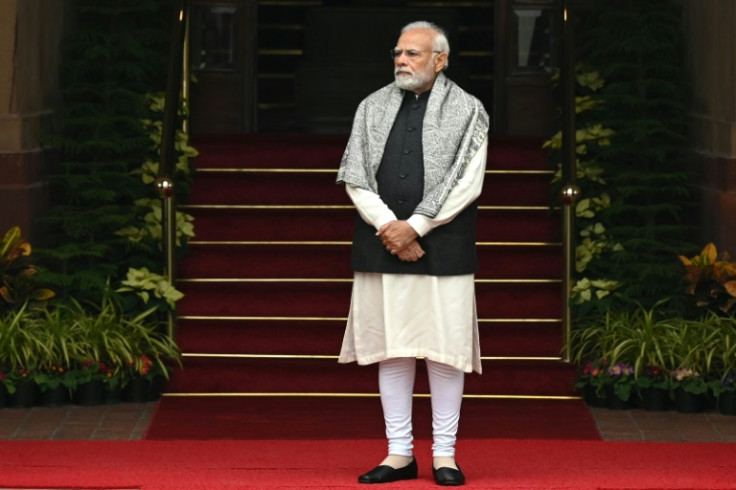G20 Foreign Ministers' Meet: 5 Issues Dominating The Diplomatic Event In India
Foreign ministers of G20 countries convened in the Indian capital of New Delhi on Thursday amid deepening geopolitical tensions across the world. The foreign ministers' summit in India sets the stage for the world's biggest economies to discuss pressing global issues that are dominating humanity.
The foreign ministers attending the grand diplomatic event include Secretary of State Antony Blinken, Russian Foreign Minister Sergey Lavrov and Chinese Foreign Minister Qin Gang, among others. They are being hosted by Indian Foreign Minister Subrahmanyam Jaishankar in Delhi as part of the second high-level ministerial meeting taking place under India's Group of 20 (G20) presidency this year.
The G20 represents about 85 percent of the world's economy and two-thirds of the global population. Apart from G20 nations, delegations from 9 other countries, including Egypt, Bangladesh, Mauritius, the Netherlands, Nigeria, Oman, Singapore, Spain and the UAE are participating in the G20 summit taking place at the Rashtrapati Bhavan Cultural Center.
Key issues to be discussed during the diplomatic event include:
1. Ukraine War
According to India's Foreign Ministry, the ongoing war in Ukraine will be a key part of the talks that will take place in the national capital.
"Yes, given the nature and the developing situation in the Russia-Ukraine conflict, naturally that will be an important point of discussions," India's foreign secretary Vinay Kwatra said during a press conference Wednesday.
The foreign ministers' gathering will also see the United States and its allies pushing the group to focus on a firm and joint stance on the Ukraine war.
2. Role in Global South
New Delhi is further seeking to accelerate its role in the Global South and raise key issues pertinent to the region such as sustainable development and access to climate finance and technology, Kwatra added. As part of these efforts, India is aiming to work with G20 countries to accelerate the deployment of zero and low-emission power generation.
The term Global South is broadly used for identifying countries in the regions of Latin America, Africa, Asia, and Oceania.
3. Strengthening Multilateralism
With the West and Russia staying stern on their stances on the Ukraine war, the ability of global forums to find a solution will be highlighted during the meeting. Noting this, the Indian Ministry of External Affairs (MEA) listed "strengthening multilateralism" as a key agenda for discussion between the foreign ministers.
As the G20 president, India will focus on finding a consensus between the West and Russia over the Ukraine conflict. At the same time, it will ensure to highlight issues like climate change and debt distress in developing countries.
4. Food and Energy Security
Indian Foreign Minister Jaishankar will also chair discussions on food and energy security in countries included in the group and across the world. The agendas also include inclusive and resilient growth across the region along with boosting green development and flourishing a sustainable environment.
"After years of progress, we are at risk today of moving back on the sustainable development goals. Many developing countries are struggling with unsustainable debt," Indian Prime Minister Narendra Modi said in his opening remarks Thursday, CNN reported.
5. Counter-Terrorism: New and Emerging Threats
The session focusing on new and emerging threats will include talks on counter-terrorism and narcotics, global skill mapping and focus on global talent pools, FirstPost reported. In his opening remarks, the Indian prime minister raised concerns over the impact of wars and terrorism "faced most of all by the developing countries."
"We should not allow issues that we cannot resolve together to come in the way of those we can. I'm sure that today's meeting will be ambitious, inclusive, action-oriented, and will rise above differences," Modi added.

© Copyright IBTimes 2025. All rights reserved.






















